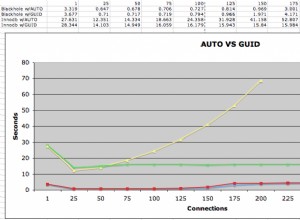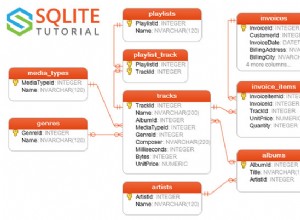Klucz obcy może być oparty na wielu kolumnach, więc conkey i confkey z pg_constraint są tablicami. Musisz rozpakować tablice, aby uzyskać listę nazw lub typów kolumn. Możesz użyć tych funkcji:
create or replace function get_col_names(rel regclass, cols int2[])
returns text language sql as $$
select string_agg(attname, ', ' order by ordinality)
from pg_attribute,
unnest(cols) with ordinality
where attrelid = rel
and attnum = unnest
$$;
create or replace function get_col_types(rel regclass, cols int2[])
returns text language sql as $$
select string_agg(typname, ', ' order by ordinality)
from pg_attribute a
join pg_type t on t.oid = atttypid,
unnest(cols) with ordinality
where attrelid = rel
and attnum = unnest
$$;
Funkcje mogą być bardzo przydatne podczas wykonywania zapytań o ograniczenia i indeksy. Dzięki nim Twoje zapytanie jest proste i przyjemne:
select
conrelid::regclass,
get_col_names(conrelid, conkey) col_names,
get_col_types(conrelid, conkey) col_types,
conname
from pg_constraint
where contype ='f';
conrelid | col_names | col_types | conname
----------+-----------+-----------+------------------------
products | image_id | int4 | products_image_id_fkey
(1 row)




